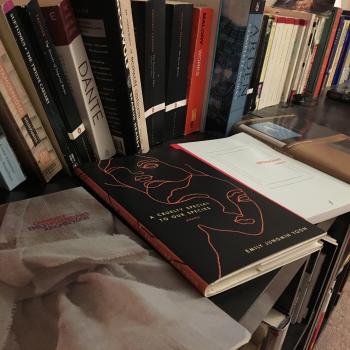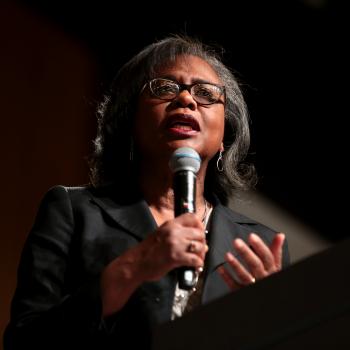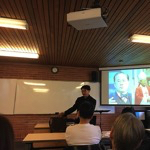The Liberal Party of British Columbia is reeling over a leak of an internal strategic document. Titled the “Multicultural Strategic Plan,” it attempts to detail how the BC Liberal Government should reach out to ethnic minority voters, especially Chinese Canadians, who allegedly and reportedly feel “ignored by government between elections” (p. 2).
Since everyone has seen it, you should see it too.
The plan details ways to win “ethnic communities”–which seems really to be code for “Chinese Canadian people” (see p. 2, although there is stuff in there about Punjabi communities too)–to the BC Liberal side, especially for the election on May 14, 2013. The Liberals are particularly aware that they are not doing well among Chinese populations because of the severe backlash they faced when they pushed a 12% Harmonized Sales Tax (HST) through the Legislative Assembly in 2010. The backlash from all sides got so bad that the premier at the time, Gordon Campbell, resigned. [Just to get everyone up to speed: the BC Liberals are a centrist party that combines people from the right and the left. The party on the left is the New Democratic Party (the NDP). To give you a sense of how confusing things got, the NDP–the party on the left–opposed this form of tax revenue pushed by the Liberals.]
The plan’s approach is to re-engage ethnic media on the Liberals’ terms and to look for “quick wins.” It argues that the Liberals need to find spokespeople who can speak “ethnic” languages so as to directly target the “ethnic media” with their message (like the NDP’s Gabriel Yiu), as well as to build an “ethnic database” and to find “validators” from within ethnic communities to write letters to editors and defend the Liberals from attacks from within “ethnic media.” It also calls for “quick win” solutions, particularly by identifying historic wrongs and then apologizing for them. The example in the document is the Komagatu Maru incident in 1914, in which a Japanese steamship carrying passengers from India was denied entry into Vancouver because of anti-Indian exclusion.
As you might imagine, there has been a good deal of Chinese Canadian backlash toward the leaked document. I’m on the look-out for Punjabi pushback too. In recent Canadian news (the Province, the CBC, the Globe and Mail, Global BC, and the Georgia Straight), there has been a great deal of outcry at tax dollars being spent on the Liberal election machinery, leading to a series of Liberal resignations, including Premier Christy Clark’s deputy chief of staff. As far as Chinese Canadians are concerned, Bill Chu from the Canadians for Reconciliation Society has said that the document demonstrates the insincerity of the government in its apologies for historic wrongs. So too, Victor Wong at the Chinese Canadian National Council has voiced his disappointment over the instrumentalization of Chinese Canadians for the Liberal vote.
But for these uses of ethnicity to wire us like coffee, there are some further questions we should ask:
- Where is the line between a political regime sincerely apologizing for historic wrongs toward racialized and ethnic minorities as opposed to instrumentalizing them for political gain?
- What is it about targeting the “ethnic vote” and building an “ethnic database” that is so sensitive?
- Is there continuity between an past of racist exclusion and a present of multiculturalism?
- What might the pushback and the resignations suggest about prospects for justice?
Allow me to suggest some of my own answers. There is a long history of anti-Chinese and anti-Japanese exclusion in British Columbia. As historian Patricia Roy documents it in her three-volume historical set (A White Man’s Province, The Oriental Question, and The Triumph of Citizenship), Chinese and Japanese people have been historic pawns for white politicians to score political points. While some might argue that the era of exclusion has passed, this sort of “ethnic targeting” rhetoric suggests that in fact little has changed, that British Columbia remains a “white man’s province” in which ethnic communities remain pawns for power. That is precisely the point about multiculturalism that has been made by scholars in critical race studies: that it doesn’t address legacies of white supremacy and makes sure you don’t talk about it because why would you want to say something about that when we could all just be nice, equal, and living together in a constructed harmony? One might see the document, itself titled a “multicultural strategic plan,” as the smoking gun.
This blog is about religion and ethnicity. I can’t think of a better post with which to begin the caffeinated conversation on ethnicity and its equally complicated cousin, race.
UPDATE (3 March): here is an Indo-Canadian statement.
UPDATE (4 March): Christy Clark’s cabinet backs her.











